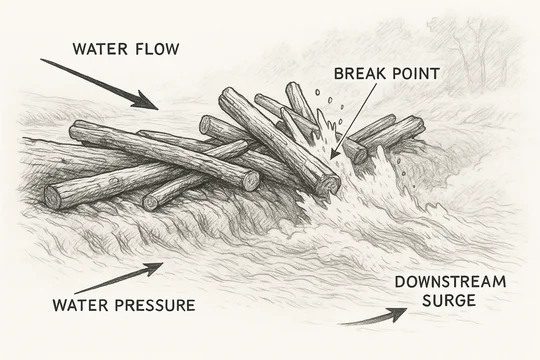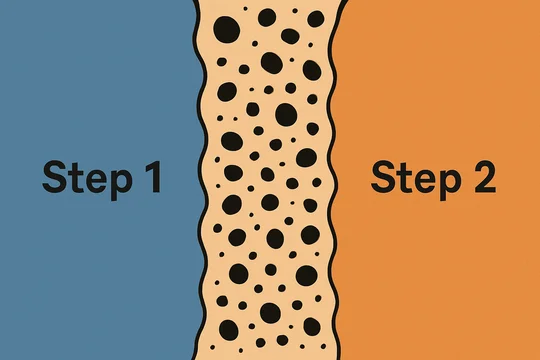
In a making a motion to dismiss for ineligibility under § 101, the moving party often seeks an ineligibility finding for all claims by attacking a single independent claim and arguing that it is "representative" of the others.
This can be a powerful briefing technique, as it avoids a repetitive slog through multiple asserted claims. Beyond that, it has the practical effect of shifting the burden to the patentee—to some extent—to show that the other asserted claims are different.
A short opinion yesterday by Judge Andrews, however, shows one downside of the representative-claim approach on a § 101 motion to dismiss. If you lose the argument about representative claims, you may lose the whole motion, because the Court can hold that the remaining claims are sufficient to support the overall allegation of infringement—thus denying the motion without otherwise addressing ineligibility at all:
The Magistrate Judge recommended that the [§ 101] motion be denied without prejudice for three reasons. One, Defendant's "representative claim" was not shown to be representative. Two, Defendant did not convincingly identify an abstract idea that was applicable to the claims. . . . Three, there was a disputed material fact as to whether there was an "inventive concept." . . . While I have some thoughts about the Magistrate Judge's second and third recommendations, I do not need to reach them. I agree with the Magistrate Judge that Claim 1 of the [patent] has not been shown to be representative of all 45 claims. . . Thus, inasmuch as at least 44 of the 45 claims are going forward, all the counts state a claim upon which relief can be granted even were I to agree with Defendant on [the ineligibility of] Claim 1 . . . .
It is well established that a patentee need only allege infringement of one valid patent claim to support a cause of action for infringement in the complaint; other claims can be added as the case progresses. Here, because multiple other patent claims remained, Judge Andrews permitted the infringement cause of action to go forward.
Interestingly, Judge Andrews' other statements suggest he might have been inclined to reverse the magistrate judge and grant the motion to dismiss absent the representative claim issue. In footnote 1, for example, he suggests that the claims are directed to an abstract idea, citing an episode of Seinfeld:
The Magistrate Judge described the abstract idea issue as being a "close question." l am not so sure l agree with her on this one. I might conclude that the claims are directed to a long-standing method of "organizing human activity." See Seinfeld, "The Limo" (television episode from 1992).
(The claims are directed to a system for identifying a vehicle using a screen; the Seinfeld episode involved a chauffeur holding a sign to identify a limousine.)
Judge Andrews also went out of his way to point out that the patents are similar to a prior case of his, even though the parties had not cited it.
This opinion shows just how essential the "representative claims" argument is in a § 101 motion, even if both sides tend to give it short shrift.
I'm surprised we don't see more opinions like this. The judges often spend time answering the question "are the asserted claims ineligible?," but it sounds like they could instead ask "is any one of the asserted claims eligible, sufficient to support the infringement count of the complaint?"
If you enjoyed this post, consider subscribing to receive free e-mail updates about new posts.





